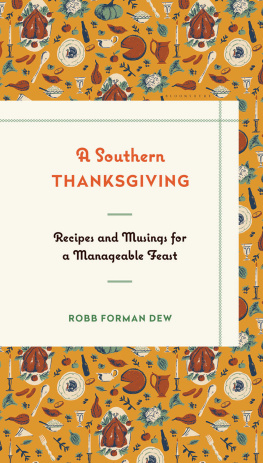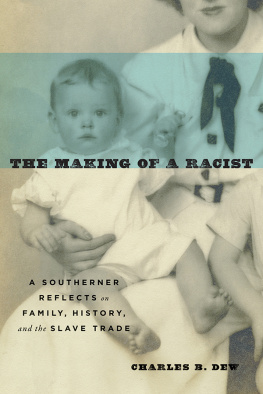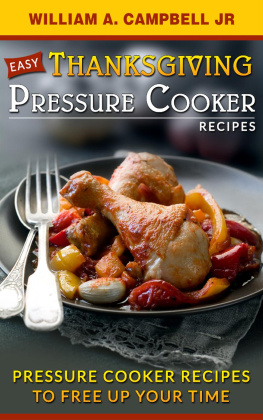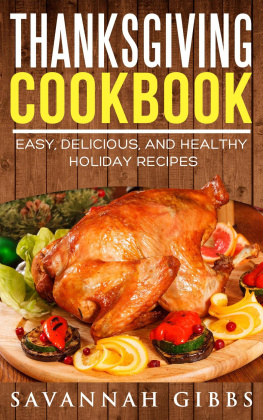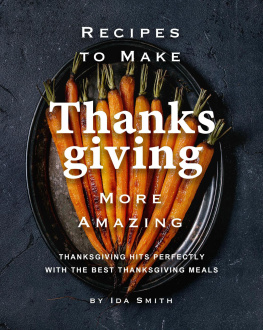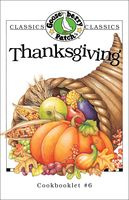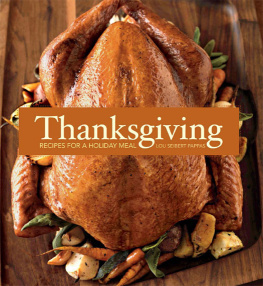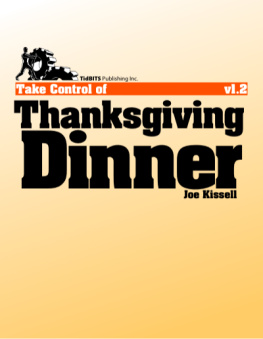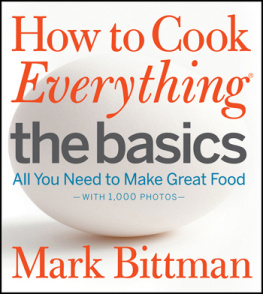For Nancy Miller and Stephen Kling
with deepest affection and appropriate thanks-giving.
By the Same Author
Nonfiction
The Family Heart
Fiction
Dale Loves Sophie to Death
The Time of Her Life
Fortunate Lives
The Evidence Against Her
The Truth of the Matter
Being Polite to Hitler

CONTENTS


Although it is my favorite occasion of the year, Thanksgiving is a peculiar holiday when you come to think about it. Our society is no longer agrarian, and we only give a nod to the notion of being thankful for a good harvest. Instead, we have invested the day with expectations involving our emotional welfare. A friend of mine once told me of the difficulties she had when she was living in Rome explaining the holiday to an Italian acquaintance. After a lengthy discussion in which my friend felt satisfied that she had made clear the fact that pumpkin was, indeed, eaten as a dessert, and also that the celebration involved a large meal, her friend pondered the idea for a moment and then asked, And so after this meal? Do you dance?
It is hard that it is the meal itself that constitutes the celebration. We all know that also incorporated within a modern Thanksgiving is the delicate balancing of domestic egos; the tact of treading lightly over issues involving long-standing grudges, the often arduous task of avoiding any political discussions. Thanksgiving has become a holiday devoted to keeping possibly fragile but nevertheless important ties entwined. More urgently than at any other meal, the person charged with orchestrating the occasion should not be overburdened with cooking in case his or her diplomatic energies are needed elsewhere.
Several years ago I had a phone call in September from my cousin Jane, who is twelve years younger than I. She is a wonderful poet and a good cook, but she had never dealt with a large, raw turkey and all its attendant accompaniments, and she had just discovered that she would be responsible for her own and others Thanksgiving dinner that year. I had never written down or collected all the recipes that have become traditional fare for my own familys Thanksgiving, and I decided to do that the day after she called, probably as a way to avoid sitting down to work on an elusive transition in the novel with which I was currently struggling. The day stretched to one week and then another of searching for recipes, incorporating my changes, explaining my own strategy for coping with and not being frantic at Thanksgiving.
In my life it was the first three Thanksgivings gone disastrously wrong that eventually forced upon me an adult concept of timeand by adult I dont mean anything particularly stuffy. Preparing Thanksgiving dinner is nothing at all like pulling an all-nighter to get a paper in on time: the hours simply wont stretch through a night; you are not shaping thoughts, but events.
I know a few people of unusual grace who love the spontaneity of assembling the mealsetting the table, arranging a centerpiece, finding the cutlery, whisking the gravywith friends and relatives on hand, chatting, helping, being part of a communal effort. If you naturally possess this sort of poise you have no need of this book, because this book is essentially a strategy for preparing the meal in stagesover a period of weeksso that everything goes smoothly on the holiday itself. My husband and I both work during the week, and I am assuming that, like us, most people will use the weekends preceding Thanksgiving to prepare and freeze whatever dishes can be made ahead. I cant manage communal cooking with aplomb. I dont enjoy it. I drop things, spill sauces, cut myself, and am miserable by the time I manage to get the meal assembled.

This particular menu is one Ive worked out over the past fifteen or twenty years, and it is perfect for those of you who perceive spontaneity as stress or for anyone who has not yet served Thanksgiving dinner in his or her own household. My strategies will seem ludicrous, perhaps, to seasoned entertainers, to all those lucky people to whom giving a successful party is second nature. But this is an elongated version of the letter I sent my cousin, and have since given to several other of my friends, my husbands ex-students, parents of young children whose in-lawsquite reasonablyhave, for the first time, ceded the holiday to them. Many of these people were, in fact, amused, but they also used a good many of the recipes.
This is a delicious meal: the flavors and colors complement each other; it is sumptuous but not obscenely so; and it bows to traditionthere are no strange things in the dressing. If you have young children who are suspicious of almost any new food, or a first-year college student who arrives home a vegetarian, you will not have worked so hard that you will resent your own family all day, and they can make a meal of whatever dishes they like.
This is the wrong day to try to persuade your children to eat anything they dont want. Children dont really care about the food at all; they are excited by the company and the sense of occasion. In fact, if you have several children just school age and under and no guests arriving, I strongly recommend that you go out for dinner to a simple, family restaurant with which they are familiar. You will inevitably be a little let down, but thats far better than being resentful and exhausted.
Above all else, this is a menu that is manageable for new cooks, for working couples with little time, and for anyone who enjoys good food and also wants to preserve the ritual of Thanksgiving.
My memories of the Thanksgivings of my childhood are no doubt bits and pieces of many separate occasions that probably took place in various locations in any one of several cities or small towns my family visited when I was growing up. Some of my flashbacks to moments of family gatherings must certainly be memories of visiting my maternal grandparents in Ohio. Memory is so slippery and endlessly subject to reinterpretation. But my fathers family lived in Natchez, Mississippi, and when I was four years old my parents moved from Nashville, where my father finished his residency at Vanderbilt, to Baton Rouge, Louisiana.
My idea of Thanksgiving is definitely Southern, imbued with a certain ease, a sort of grace. The word Thanksgiving ran together lazily, with the accent peaking in the middle and trailing off in the very soft g of my Natchez cousins, Lalie and Roane Forman, and of all the Forman aunts and uncles and other of their relatives who very generously extended kinship to me, although many of them were no relation at all.
Whenever we arrived at my grandmothers house in Natchez, it was apparent to me, at age four or five or six, that everyone had been inside waiting just for us. They spilled out of the house and congregated in the yard, opening our car doors, exclaiming over me and my younger sister, bending down to us with their beautiful, golden brown Forman gaze, chatting to each other, greeting us with a soft upward timbre of enthusiasm. I was so young, and they were so tall and all so much alike that to me my fathers family was like something in nature, like an amiable forest of relatives.
In the kitchen my father and uncles mixed drinks, told stories, and were tall and handsome; my mother and aunts smoked cigarettes and were beautiful and languorous; and my grandmother moved about unhurriedly, preparing a meal for the whole family.
Next page
